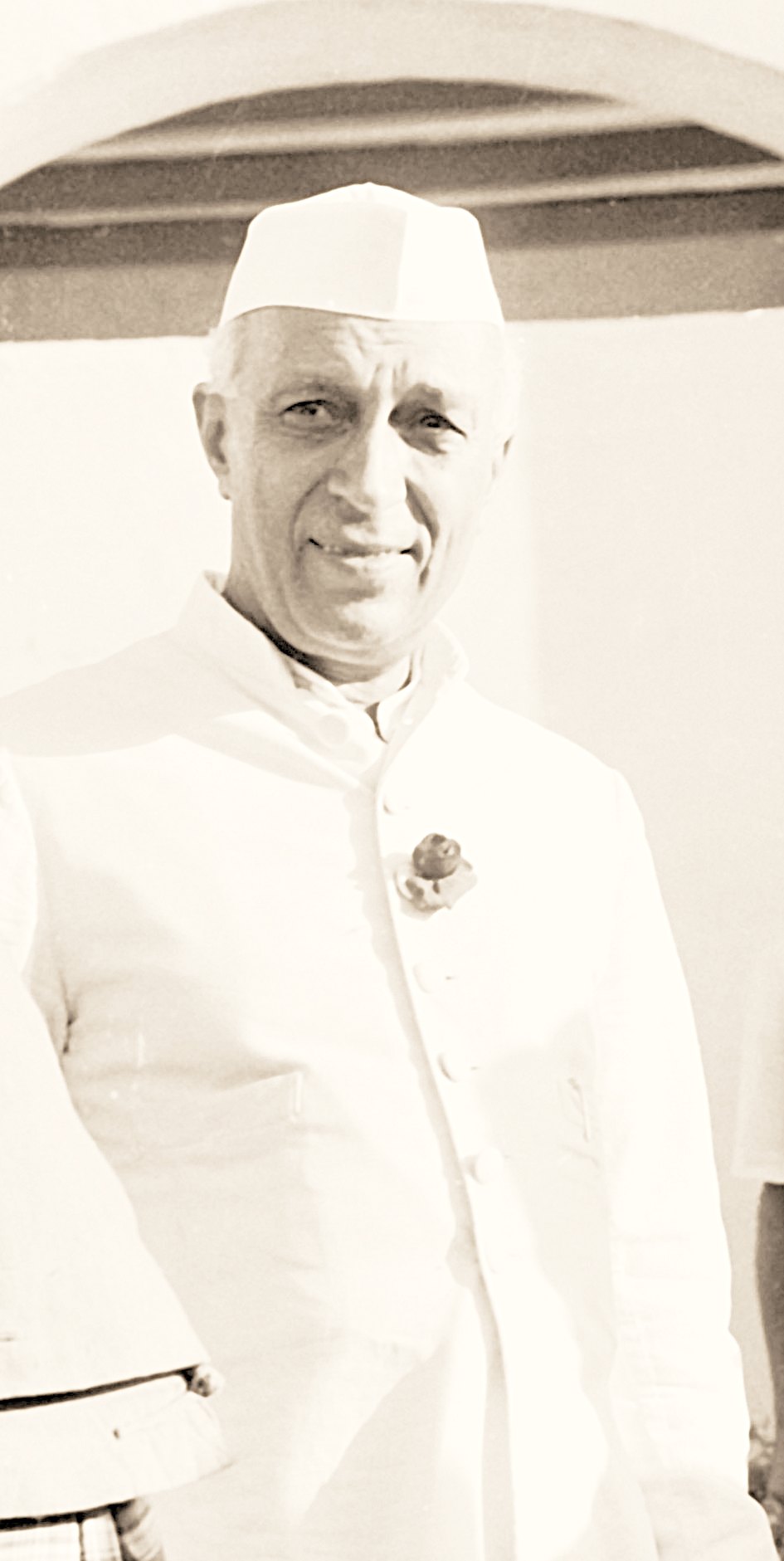
Jawaharlal Nehru
New Delhi, Feb. 23: Rahul Gandhi's decision to take a break from politics has revived memories of similar gestures by two of his ancestors.
Except that great-grandfather Jawaharlal Nehru and grandmother Indira Gandhi had contemplated not sabbaticals but an exit from politics altogether.
Both were persuaded to stay on by an alarmed party and went on to change the course of Indian history as Prime Minister - an accomplishment that would appear a daunting challenge for Rahul at the moment.

Indira Gandhi
Another key difference is that both Nehru and Indira had thought of quitting from positions of strength unlike Rahul, whose abilities and style of functioning have come under severe questioning inside and outside the Congress following serial electoral disasters.
Nehru had twice sought permission from the Congress Working Committee and party parliamentary board to retire.
In 1950, he had been upset when Purushottam Das Tandon, a protégé of Vallabhbhai Patel, defeated Acharya Kripalani in the election for party president. A few months after Nehru's walkout threat, Tandon had to resign.
In 1958, Nehru told President Rajendra Prasad he wanted freedom from the pressures of politics to live a quiet life amid books and friends and go on a 'slow pilgrimage' to various parts of the country. Again, the party prevailed on him to drop the idea.
Indira too voiced her 'dream of escape' twice when she was the official hostess for her father at the Prime Minister's residence.
She wrote to her friend Dorothy Norman, an American photographer and writer, in 1958 that she felt unsettled and trapped.
'Ever since I was a small girl, there seemed to be some force driving me on, as if there were a debt to repay,' she wrote.
'But suddenly the debt seems to be paid - anyway I get a tremendous urge to leave everything and retire to a far place in the mountains. Not caring if I ever did a stroke of work again.'

Rahul Gandhi
In the next few months, though, Indira chose to become Congress president to the surprise of many in the party.
Critics accused Nehru of trying to engineer his daughter's rise to the Prime Minister's post after him but a large section of the party felt that Indira had earned her post on merit.
Indira tackled the Kerala crisis and recommended the creation of separate states of Maharashtra and Gujarat to end a linguistic conflict. When her term ended in 1960, the working committee pleaded with Indira to stand for re-election but she declined.
In 1963, as speculation about Indira succeeding a dispirited and aging Nehru swirled, her mind again turned to thoughts of escape.
She wrote to Norman that her greatest desire was to start life afresh in London. She even identified the house where she planned to live, sustaining herself by letting out rooms to Indian students.
It didn't happen, and Indira dominated Indian politics for the next two decades.
Rahul, though, owes his position as party vice-president more to lineage than performance. Privately, many in the Congress today wished he would quit politics and let sister Priyanka Vadra take over at the upcoming session in Bangalore.
Some felt that Rahul's move may have been prompted more by a desire to sort out his personal life than by the electoral routs. Other suggested that Rahul wanted to assess the political implications of his move.
A party lobby had recently demanded that Sonia Gandhi continue as Congress chief while some like Digvijaya Singh asked for Rahul to replace her at the helm. Sonia, appointed to the post in 1998, has been the longest serving Congress president ever.

